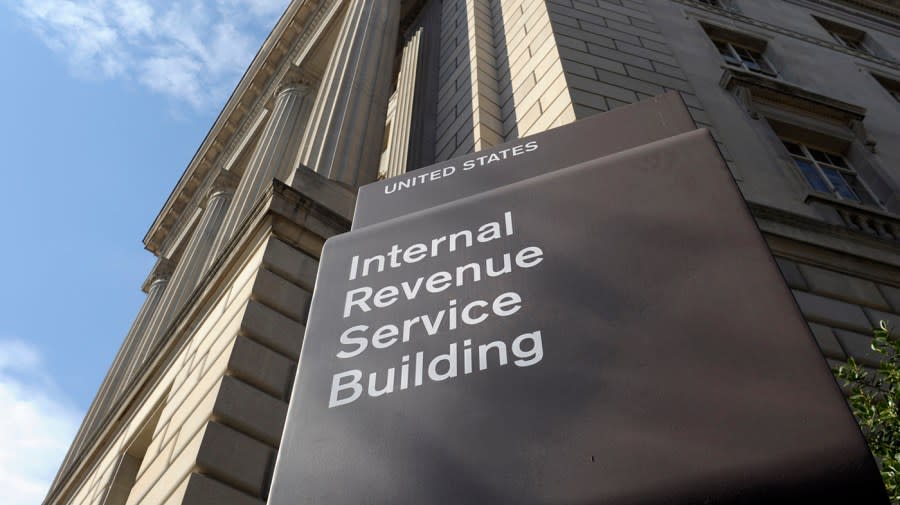Direct file tax system opens to new users as IRS service levels improve

The direct file online tax return system from the IRS will open for a limited time to new users at 5 PM, the agency announced Tuesday.
The pilot program is available to taxpayers in 12 states where it is being given a test run by the IRS. They include New York, Texas, Florida and California. A full list can be accessed here.
“When this availability window opens, new users in the 12 pilot states will be able to start their returns. After the availability window closes to new users, taxpayers who have started a return can continue using Direct File even during planned pauses,” an IRS official said in a statement.
The new system is equipped to handle wage income logged on a W2 form and can process tax credits including the earned income tax credit, the child tax credit and the credit for other dependents.
It can process deductions for student loan interest and educator expenses as well as the standard deduction, but it can’t process individually itemized deductions.
The system also cannot handle income reported on a 1099-K form, which many part-time workers and self-employed contractors file with the IRS. Income earned from stock portfolio gains, rental property income and asset sales are also beyond the pilot program’s capabilities.
This is the second new user registration window opened by the IRS for direct file in the last two weeks.
The direct file pilot system, which was authorized for a study in Democrats’ Inflation Reduction Act passed in 2022, has been a flashpoint of partisan rivalry.
Republicans have argued the system constitutes a form of governmental overreach while Democrats have said it’s high time for an online public filing option as an alternative to commercial software.
For years, the IRS honored a non-compete agreement with commercial tax preparers that prohibited the agency from developing its own online tax filing system.
But amid lawsuits and Federal Trade Commission actions against some big tax software companies that accused the industry of deceptive marketing practice, Democrats required the IRS to develop its own filing software.
The Treasury reported improved phone service levels for the 2024 filing season Tuesday afternoon.
A Treasury official told The Hill that the IRS has achieved a 92 percent “level of service” for this filing season on its main toll-free line, up from 87 percent last year and just 15 percent in 2022 – a result of pandemic disruptions.
“Levels of service” at the IRS can be misleading as they exclude the number of people who are switched over to a robot or who hang up before they reach anybody to help them with their issue — a distinction that the IRS’s National Taxpayer Advocate has highlighted in the past.
While the IRS boasted of a 75-percent “level of service” on its telephone lines to Congress last October, IRS phone assisters picked only 29 percent of taxpayer calls during the fiscal year, the NTA found in its 2023 report to Congress.
But the Treasury said Tuesday that the IRS’s main taxpayer helpline currently has a 2-minute average wait time, cutting the agency’s average wait time goal of 5 minutes by more than half. The agency also has a new customer call back option in its phone system.
“Taxpayers are benefitting from significantly improved service on-the-phone, in-person, and online this filing season thanks to resources from President Biden’s Inflation Reduction Act, including a new customer call back option,” Deputy Treasury Secretary Wally Ademo said in a statement Tuesday.
For the latest news, weather, sports, and streaming video, head to The Hill.


